Feeling overwhelmed, helpless, unable to cope? You may be suffering from a trauma, or even PTSD.
Trauma is a distressing condition which is usually triggered after witnessing or being involved in a disturbing event, or a chain of events, where you feel hopeless and unable to cope. PTSD has long-been associated with soldiers who were involved with traumatic events at war, but is now more commonly identified with a range of harrowing life events, both large and small.
What is trauma?
Trauma can be caused by any type of adverse event, such as job loss, betrayal, abuse of power, financial troubles or other situation which is deeply upsetting, but which may not generally be thought of as traumatic.
Trauma and PTSD can cause flashbacks which can trigger anxiety, guilt, isolation or feelings of anger. It can be difficult to come to terms with these feelings which, if left unchallenged, can overwhelm your ability to cope and cause feelings of helplessness.
Despite what many people think, trauma is a common occurrence – a World Health Organisation survey recently reported that a third of us have experienced trauma in our lifetime.
There are two levels of trauma
Small ‘t’ traumas
These are generally one-off events that impact one person and can often be thought of as insignificant and not classed as a ‘true trauma’.
This is a dangerous way to think of small ‘t’ trauma, as the effects and experiences can have a significant cumulative affect on parts of your life.
Small ‘t’ trauma examples include:
Unexpected loss of job
Betrayal by a business partner
Loss of money or financial troubles
Divorce or separation
Work conflict or bullying
Legal battles
Large ‘T’ Traumas
Extraordinary experiences that bring about severe distress and helplessness are classed as large ‘T’ traumas. They are almost impossible to overlook, yet the survivors of these types of trauma often try to use avoidance tactics as a coping mechanism, which is not an effective long-term solution.
Large ‘T’ traumas include:
Domestic violence, abuse of all types including narcissistic abuse
Sexual assault
Car accident
Child abuse, neglect, violence
Acts of terrorism
Natural catastrophes
War
Symptoms of Trauma & PTSD
The way we respond to a traumatic event is a very personal experience, but there are some common factors that many trauma survivors share:
Emotional & Physical Symptoms of Trauma
Sadness
Anger
Denial
Fear
Shame
Self-blame
Difficulty managing emotions
Inability to concentrate
Loss of memory
Insomnia
Difficulty in sustaining relationships
Nightmares
Anxiety & panic attacks
Nausea
Dizziness
Altered sleep patterns
Changes in appetite
Persistent headaches
Gastro-intestinal problems
Without effective treatment, trauma can cause additional mental and emotional wellbeing challenges and can lead to anxiety, depression, substance abuse and dissociative disorders.
Emotional & Physical Symptoms of PTSD
The symptoms of PTSD are not always evident immediately after the traumatic event occurs. It may not be until a long while after the events that symptoms surface.
You may experience:
Feelings of being isolated
Not being able to complete daily tasks
Inability to concentrate
Suicidal thoughts and feelings
Drug or substance abuse
How can it be treated?
You don’t have to suffer in silence. There are effective therapies and counselling techniques that are proven to help those who have experienced trauma and PTSD.
When past negative or traumatic events affect your current emotional state, it is time to seek help of an experienced therapist. The Wellbeing Centre London have trained counsellors who understand the complexities of trauma and PTSD.
We have helped clients across London and the UK to move beyond the trauma they have experienced by providing empathetic support by effectivve counselling and therapy methods to help overcome emotional pain.
We offer face-to-face sessions in the Putney Bridge area of Fulham in South West London, and have immediate availability for clients further afield online via telephone or Zoom.
We provide Trauma and PTSD survivors with trauma-focused therapies or counselling of one or more of the below:
Cognitive Behavioural Therapy to teach positive coping strategies and find more helpful ways of processing the trauma.
Counselling, Psychotherapy or Wellbeing Coaching to help you make sense of what happened, understand how your past experience and your thoughts affect your current state, and enable you to move to a new goal of a happier you.
Reprocessing therapies like Eye Movement Desensitisation and Reprocessing (EMDR) and Integral Eye Movement Therapy (IEMT) that allow you to reprocess and deal with troublesome memories and events and feelings associated with them
Somatic therapies that use the body to process trauma include Somatic Experiencing and Sensorimotor Psychotherapy.
Hypnotherapy and Meditation therapy are also helpful techniques for calming the mind.
Wellbeing Centre London Practitioners who can help you with Trauma & PTSD
If you would like to find out more about how we can help you overcome Trauma & PTSD, simply contact us to arrange a free initial 15-minute consultation.
We will recommend a therapy that will suit you and a trusted, professional therapist or coach to work with you, constructing a bespoke treatment package designed to help you achieve your goals.
Take a positive step toward a happier you, today.

